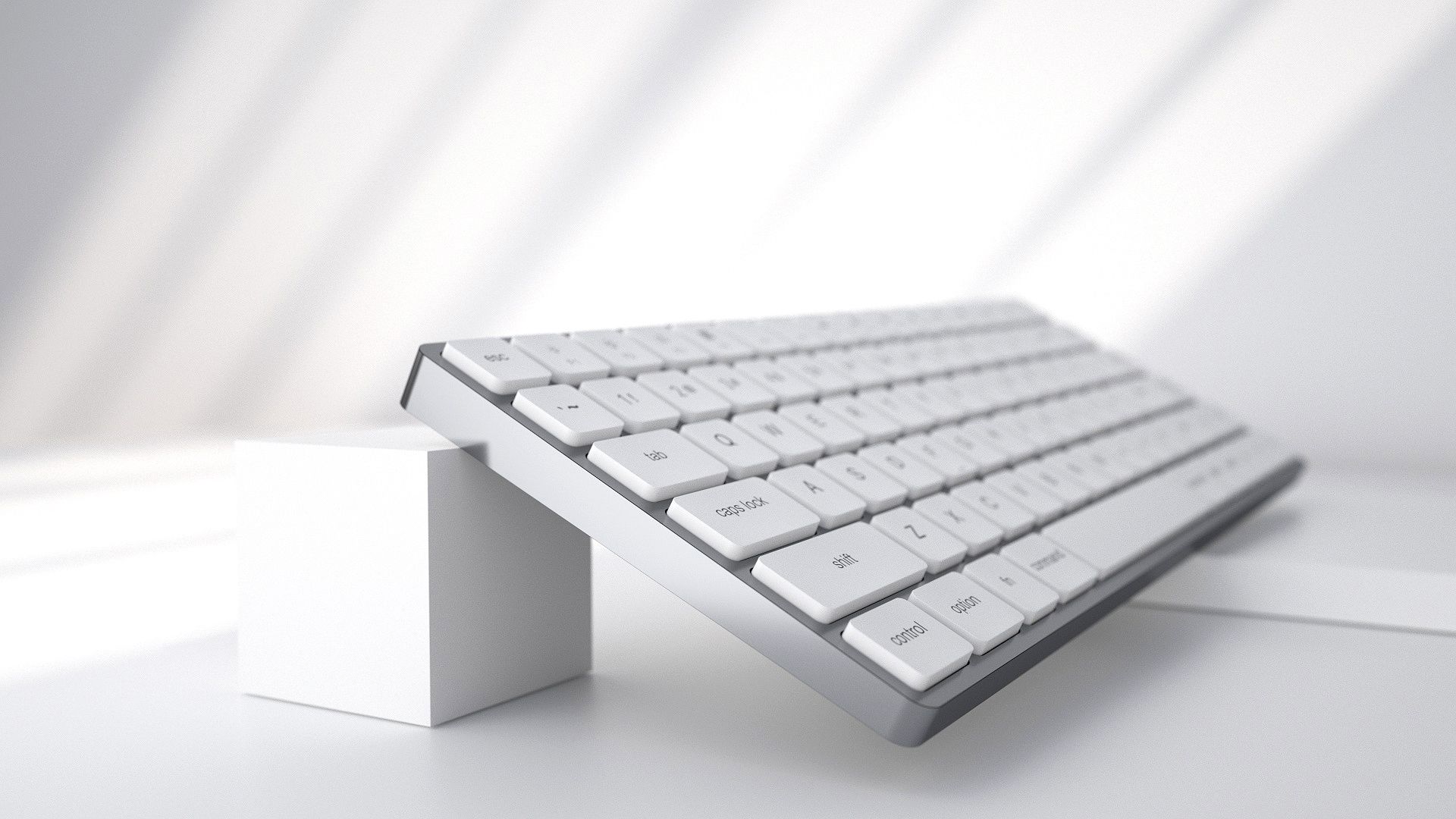"In fact, 70 percent of companies use desktops for 5 or more years before decommissioning or replacing them, with 24 percent of organizations using them for 7 or more years ... pushing the use of these devices in many organizations far past warranty expiration dates."
"By comparison, 48 percent of organizations use laptops for 5 or more years, but only 8 percent use them for 7 or more years. This difference in the lifespan of desktops vs. laptops helps explain why desktops are still the primary computing device used in the workplace, despite being outsold by laptops for years."
"According to our data, 84 percent of IT decision makers report hardware failure drives them to replace company-owned devices, making it the number one reason for device replacement."
"It’s interesting that only 29 percent of companies typically switch out equipment because of replacement policies, and only 26 percent do so because of warranty expiration. This indicates that many organizations are holding on to devices until they die or become unstable, which helps us understand why so many organizations use older hardware."
"This trend of replacing devices as they fail instead of on a regular schedule might also suggest that organizations are repairing or upgrading hardware when possible instead of replacing it outright."
"Increasingly, organizations are replacing machines primarily when they fail, instead of upgrading on a set schedule. Today, our data shows it’s common for organizations to use hardware, such as desktops, servers, and printers, for longer than five years and in many instances stretching the use of hardware past 7 years."
Regarding your other URL you cite, that's applicable to the USDA and US Forest Service. That doesn't apply to all agencies. It seems like replacing on a set 3-5 year schedule is the outlier and not the standard.






